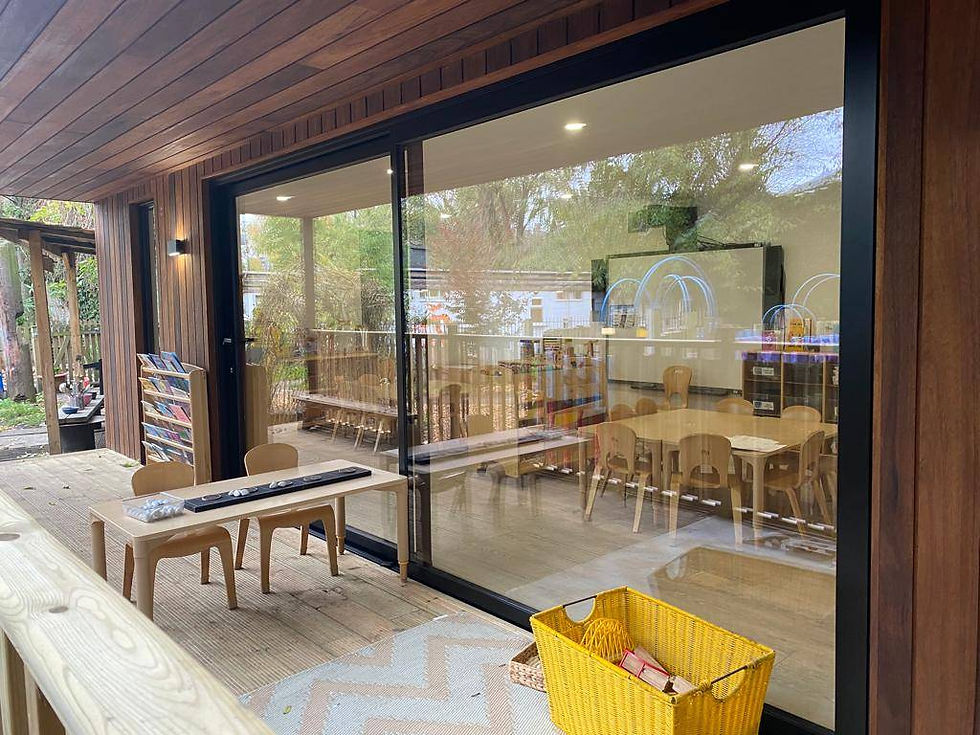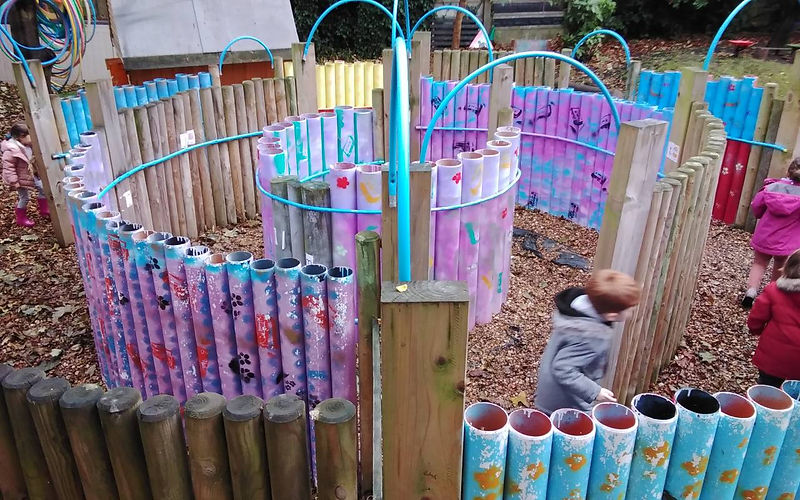
Child Protection
Our policy will provide SECRET GARDEN Nursery staff, volunteers, children and families with a clear and secure framework for ensuring all children’s welfare is promoted and they are protected from harm.
SAFEGUARDING – promoting the welfare of children refers to the process of protecting children from maltreatment, preventing the impairment of health or development, ensuring the children grow up in circumstances consistent with the provision of safe and effective care and taking action to enable all.
The welfare of our children is absolutely paramount! We therefore take all measures possible to ensure their safety.

Secret Garden Nursery
The Designated Safeguarding Officers
The designated safeguarding officer is Leila (Nursery Manager). The two deputy safeguarding officers are Storai (Deputy Manager) and Jade (Third in Charge).

Our setting will work with children, parents and the community to ensure the rights and safety of children and to give them the very best start in life.
We aim to build a ‘culture of safety’ in which children are protected from abuse and harm in all areas of its service delivery. Moreover, our setting follows Child Protection Policies.
Secure framework for ensuring all children are protected from harm
Culture of safety
Secret Garden Nursery is equipped with state of the art security systems.
Secret Garden Nursery aims to respond promptly and appropriately to all incidents or concerns of abuse that may occur and to work with statutory agencies in accordance with the procedures that are set down in “What to do if you are worried a child is being abused”.
The policy will provide staff, children, families, and all other stakeholders granular and secure framework for ensuring all children’s welfare is promoted and they are protected from harm. It is everyone’s responsibility to safeguard and promote the welfare of children and that we all have a role to play in identifying concerns, sharing information and taking prompt actions.
Safeguarding objectives
Committed in keeping children safe
We are committed to helping keep children safe by contributing to the following safeguarding objectives:
Consider, at all times what is the best interest of the child
Providing a safe environment for children to learn and develop
Know how to respond to a child who discloses abuse
Identifying children who are suffering or likely to suffer significant harm and taking appropriate action with the aim of making sure they are kept safe both at home and at our setting
Will refer any safeguarding or child protection concerns to the Safeguarding Designated Officer, or if necessary, when the child is at immediate risk, to the police or Local Safeguarding Board or multi-agency hub
Protect children from harm
We are under duty to identify and respond appropriately to concerns of abuse
To ensure the safety of children we take action to protect them from the following harm:
NEGLECT
Neglect is the persistent failure to meet a child’s basic physical and/or psychological needs, likely to result in the serious impairment of the child’s health or development. Once a child is born, neglect may involve a parent or carer failing to provide adequate food or clothing, shelter including exclusion from home or abandonment, failing to protect a child from physical and emotional harm or danger, failure to ensure adequate supervision including the use of inadequate care-takers, or the failure to ensure access to appropriate medical care or treatment. It may also include neglect of, or unresponsiveness to, a child’s basic emotional needs. Serious neglect may occur during pregnancy as a result of maternal substance abuse or lack of care of self.
PHYSICAL ABUSE
Physical abuse may involve hitting, shaking, throwing, poisoning, burning or scalding, drowning, suffocating, or otherwise causing physical harm to a child. Physical harm may also be caused when a parent or carer fabricates the symptoms of, or deliberately induces illness in a child.
EMOTIONAL BUSE
Emotional abuse is when children are not given love and affection or when they are consistently threatened or humiliated. It undermines children’s confidence and sense of self-worth. An adult may behave in a host towards a child, by bullying, rejecting, frightening, criticising or scapegoating them. It may involve children observing or hearing the maltreatment of others, for example, domestic violence or violence. It may involve suppressing a child from expressing their views, preventing a child from participating in normal social interaction, over-protecting them or imposing unrealistic expectations that are developmentally inappropriate. Emotional abuse is always present with other types of abuse but may exist on its own.
SEXUAL ABUSE
Sexual abuse involves forcing or enticing a child to take part in sexual activities whether or not the child is aware of what is happening. Sexual abuse includes encouraging children to behave in sexually inappropriate ways. Men, women or children may be abusers.
FEMALE GENITAL MUTILATIONS
As an early years childcare provider, we are under duty to identify and respond appropriately to concerns of Female Genital Mutilation (FGM) and be alert to symptoms that would indicate that FGM has occurred, or may be about to occur, and take appropriate safeguarding actions.
EXTREMISM AND/OR RADICALISATION
As an early years childcare provider, we are under duty to identify and respond appropriately to concerns of any child or adult at risk of being drawn into terrorism, extremism and/or radicalisation.
